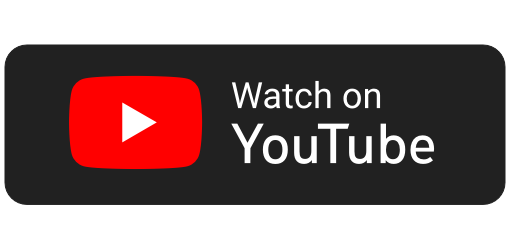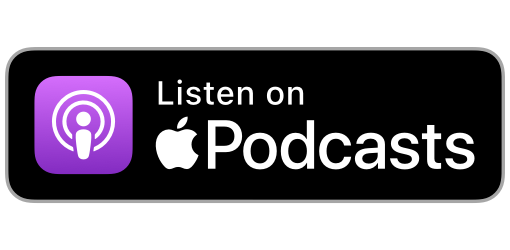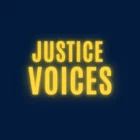
Justice Voices
Ep. 21: Turning a High Crime Community Around -- Deana Perez
/
RSS Feed
How can a high crime community turn around and what does it take to make that happen?
In our last episode (episode 20), we heard Pastor Chris Harris of the Bronzeville area of south Chicago talking about his TURN model – The Urban Resilience Network – for turning around both high crime communities and preventing communities from becoming high crime communities.
In this episode we learn about a key component of that model through a conversation with Deana Perez, the Clinical Director of the Behavioral Health Unit of Bright Star Community Outreach (BSCO), through which Pastor Harris and his team turn vision into reality.
00:00 Intro: How can a high crime community turn around and what does it take to make that happen?
01:09 Deana Perez’s background and qualifications
03:16 Restorative justice: healing for both the victims and perpetrators of harm.
05:36 Healing harm on both sides of the justice equation is cost-effective.
07:08 Being proactive, rather than only reactive, in approaching justice and fighting crime. It is far less expensive in both economic and social terms to prevent crime than to react and try to solve crime problems and heal impacts after crimes happen.
11:12 Pastor Chris Harris, Bright Star Community Outreach (BSCO), the TURN model, and the TURN Center.
12:22 Overcoming the stigma in some at risk communities preventing them from seeking trauma informed care and other support services.
13:20 Understanding crime, including violent crime, as a logical adaptive behavior – a learned response to trying to meet needs.
15:05 Change the community to change behavior in the community.
16:05 Trauma as a driving cause of violence.
21:34 NATAL model of healing trauma adopted as part of the TURN model.
24:45 Total team training in delivering trauma informed care.
27:04 Angry teenagers
27:45 Need to overcome cultural stigma and normalize seeking therapy for trauma – mental health is health.
31:36 Example of Michael Tafolla (episode 14): deliberate personal and family safety choice in a high crime community to become what he feared; going to prison for murder; and the transforming change of being offered the opportunity of university classes while in prison.
33:40 Cognitive behavioral therapy – what it is and why it is important.
38:57 Building a network of partners – doing WITH a neighborhood, rather than at it.
42:22 T&T and C&C (trauma and training, and community collaboration and conversation): the four tenets of BSCO (Bright Star Community outreach). Application of those principles in work with the Greater Bronzeville Community Action Council.
44:37 Pastor Harris’ plans to scale up and export the TURN model to other communities.
47:04 Systems feeding into the TURN Center as both a service provider and resource hub.
53:09 Why Deana does what she does.
54:05 TURN Center helpline: 833 TURN 123
55:04 TURN Center even delivers trauma informed care to all, including some police officers (police work in a high crime community being a traumatizing profession).
56:12 Outro
BSCO website: https://brightstarcommunityoutreach.com



